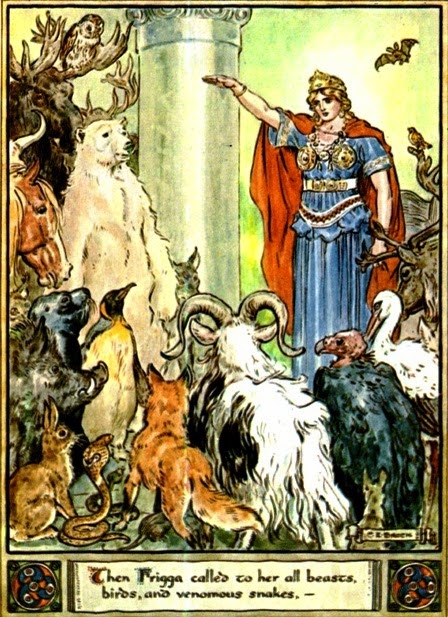Happy Thor's Day. I'm trying out a new blog format (thanks to my new critique partner Kris Atkins for the idea). If you really liked the Thor's Day Trivia, don't despair because I will still do that occasionally.
WHAT I'M READING
I just finished the YA contemporary The Geography of You and Me by Jennifer E. Smith. I don't normally read contemporary, but I was looking for an example of third person POV with lots of "feels." Thanks to Ashley Leath for the recommendation.
WHAT I'M WRITING
I am working on a new YA fantasy with a working title of Green Eyed Monster. It's about a green-eyed girl who is extremely jealous of others. It's too new to say much else.
WHAT ELSE I'M UP TO
I participated in #SFFPit on Twitter this week (for those of you unfamiliar with the hashtag, it is a pitching event for Sci-fi and Fantasy). My 140-character pitch got one favorite from a small press and I gained quite a few followers, so it was definitely worth it.
Labels: #SFFpit , Green Eyed Monster , Jennifer E. Smith , The Geography of You and Me , writing
Sif is a Norse goddess associated with the earth. She is also Thor's wife. She belongs to the class of newer gods known as the Aesir.
There is not much known about Sif, except for an incident when Loki sneaked into her bedroom and lopped off her beautiful golden locks while she was sleeping.
Thor was furious and threatened to smash him unless Loki managed to replace the hair. Loki asked the dwarfs to create a golden headpiece as a replacement. The dwarfs agreed and made a long wave of fine golden strands which Loki gave to Sif.
Along with the headpiece, Loki had the dwarfs produce other gifts to appease the gods: Odin's spear, Freyr's ship Skidbladnir (that can shrink to fit in his pocket), Freyr's golden bristled boar, and the mighty hammer for Thor.
Labels: Aesir , Loki , Norse myth , Sif , Thor's Day
Hodur (HOH-der) is the Norse god of winter and darkness. He is the blind son of Odin and Baldur's twin brother, therefore he belongs to the newer class of gods known as the Aesir.
Labels: Aesir , Hodur , Loki , Thor's Day , Vali
Loki straightaway made a spear from the mistletoe and convinced the blind god, Hodur, to throw it at Baldur. The projectile, guided by Loki's aim, pierced the god and he fell down dead.
The anguished Odin sent another one of his sons, Hermod, to the underworld to see if there was any way Baldur could be retrieved from the clutches of the death goddess, Hel.
And so the bright god lay in the grave until Ragnarok (the end of the world) when he will be returned at last to the land of the living, gladdening the hearts of the creatures who fill the new world.
By the way, the engineering of Baldur's death was the final straw for Loki, but that is a story for another day.
Next Thor's Day: The blind god, Hodur
Labels: Aesir , Baldur , Hel , Hermod , Hodur , Loki , Norse myth , Thor's Day

















